#20. Iconic Speech
Martin Luther King is an emblematic figure of the Civil Rights Movement, which reached a peak in the ’50s and ’60s. His message on non-violence and against racism made an echo and appealed to many Americans. His role in the legendary Selma to Montgomery marches as well as his struggle for obtaining rights for African Americans was invaluable. However, we’re interested in one particular decision he made that wasn’t planned beforehand.
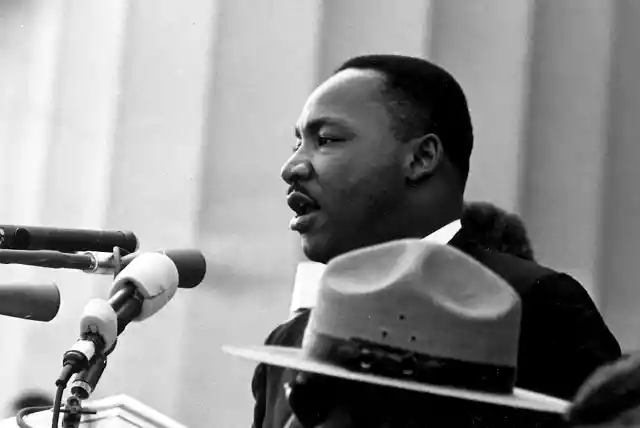
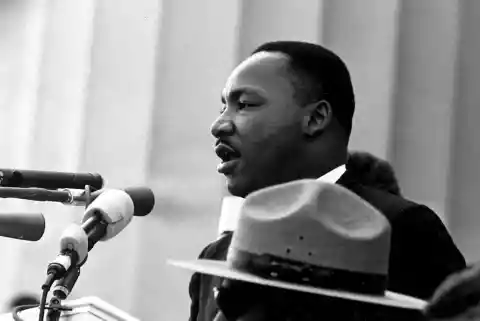
The event we’re talking about took place in 1963 in the March in Washington. We’re talking about the legendary words “I have a dream” from his speech. The recurrent use of this phrase wasn’t actually planned but it stuck with thousands of people in a way that even today they carry a deep meaning.
#19. An Accident No One Saw Coming
Indeed, the Titanic simply had to be on the list. Plus, it’s a great chance to mention our favorite movie starring Leonardo Di Caprio. While you’ve probably seen ships much larger than this one, at the time, nothing compared with the size and magnitude of the Titanic. In 1912 the ship set sail with 2200 people on board: it’s needless to say that they were not even a bit worried, since this great mass of steel and iron was thought to be “unsinkable”.
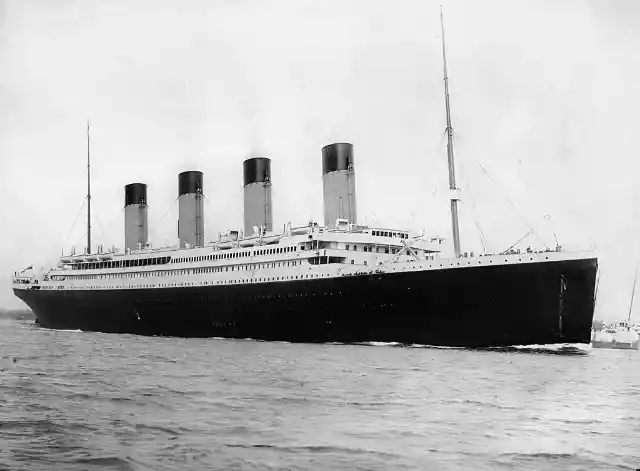
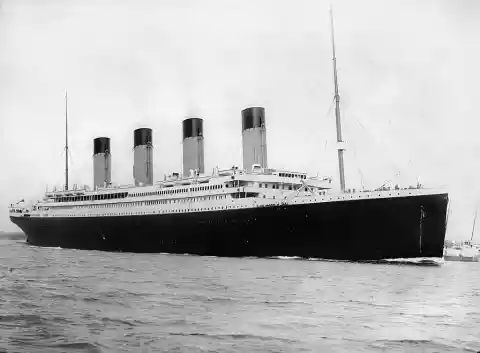
Three days after having left England, the Titanic was lying at the bottom of the ocean. It was reported that the ship hit an iceberg. But why didn’t anybody spot it earlier? The second officer was left onshore because of unknown reasons, and unluckily for 1572 passengers, he had the keys that opened the locker to the pair of binoculars. Remember to always keep a spare one in times of need.
#18. A Cultural Visit Gone Wrong
Abraham Lincoln was president of the United States during very troublesome times. He is known because of his political abilities managing the American Civil War and above all for signing the Emancipation Proclamation, which abolished slavery. What few people know is that the president loved jokes and was quite a storyteller himself. It’s no surprise then, that he enjoyed the theatre, the place where storytelling happens at its best.
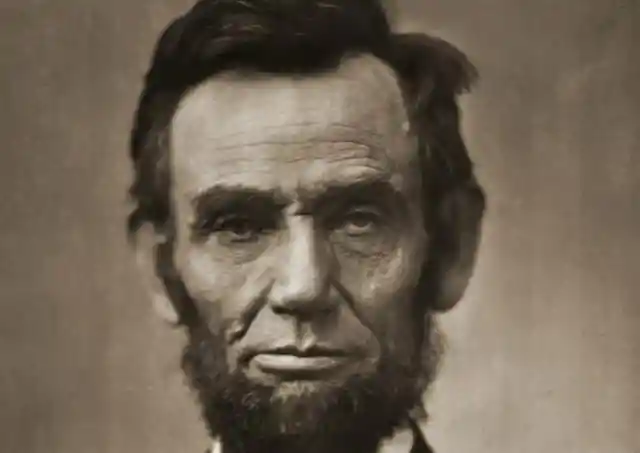
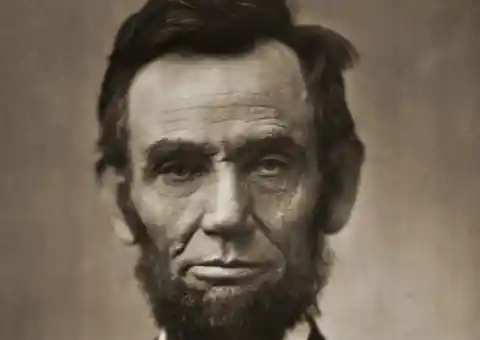
In 1865, Lincoln became fixed on going to the theatre to see a hit at the time, the play Our American Cousin. In the days before the show, it seems that every friend of his turned down the plan to the point that even his bodyguard thought it might be a bad omen. In spite of this, the president was determined to go to the theater, and since his presence was already expected he turned up. While he was sitting in his box without any bodyguard, a man assassinated Abraham, thus changing the course of American politics.
#17. Accidental Plane Ride
In case you don’t know, Buddy Holly is one of the greatest musicians of the 20th century, and he came to be somewhat of an icon in pop culture. First, his hipster look came before any millennial trend. Secondly, he actually had a knack at composing hits that live on today, such as Maybe Baby. But aside from his style and production, Buddy made a decision in 1959 that had a terrible impact. One thing is for certain: next time you’re feeling lazy with laundry, remember the following piece of advice.


While he was on tour alongside his band, the musician noticed his laundry was stacking up. That made him realize how tired he really was (it’s not easy keeping up with the fast pace involved in touring), so instead of traveling by road, he decided to take a plane to the next gig. Next thing we know, the plane went down and the world lost a musical genius.
#16. Pardoning His Life
This man has the distinct features of an Englishman and judging by his uniform it is very easy to know he was also a soldier. What might not be obvious at first glance is the fact that his bravery and love for his country was recognized with the Victoria Cross in 1918. However, what made him go down in history was another thing.
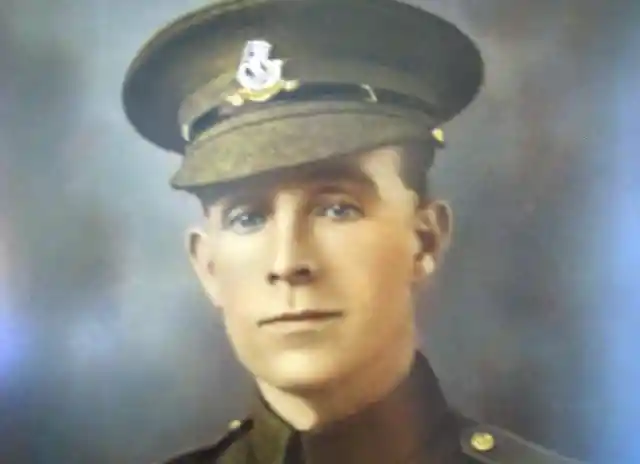
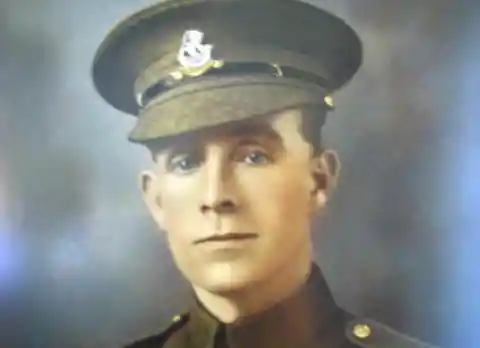
After receiving his recognition in service for his country, Tandey observed a soldier from the enemy flank. This soldier was not an ordinary man, but the soldier had no way of knowing this. He decided against shooting the enemy since they weren’t really in combat and there was no threat. Little did he know that the man whose life he spared was Adolf Hitler. If you enjoyed reading about this courageous man, get ready for #9!
#15. Bad Habits With Surprising Results
The Brilliant Dr. Alexander Fleming had a flaw most of us share. He was extremely untidy and hated washing the dishes. However, while this might seem like a completely trivial fact, we must bear in mind that being a scientist one needs to maintain certain hygiene norms. Surprisingly though, Fleming managed to take advantage of his uncleanliness.
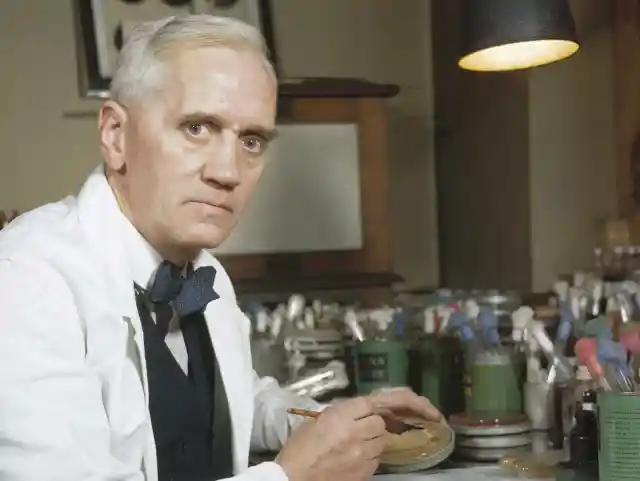
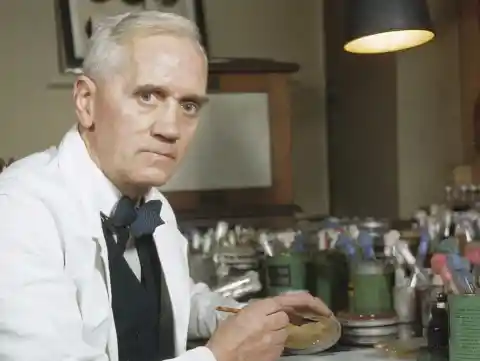
In 1928 Fleming made the choice (most of us would) to avoid cleaning out some Petri dishes that contained staphylococci bacteria. He was studying certain reactions but decided to leave them until he returned from his holidays. Upon returning, instead of stumbling upon a mess, he realized a mold had grown in the petri dish and had killed most of the bacteria. Believe it or not, thanks to that silly decision he made before his vacation, the scientist discovered penicillin. He revolutionized medicine and was honored with a Nobel Prize.
#14. Careless Mistake That Lost The War
During the American Civil War, the Federalists lost the key battle of Antietam and they were greatly weakened. The General in charge of the battle was Lee and he made sure to carry out a carefully thought out plan of combat. However, he made a silly mistake.
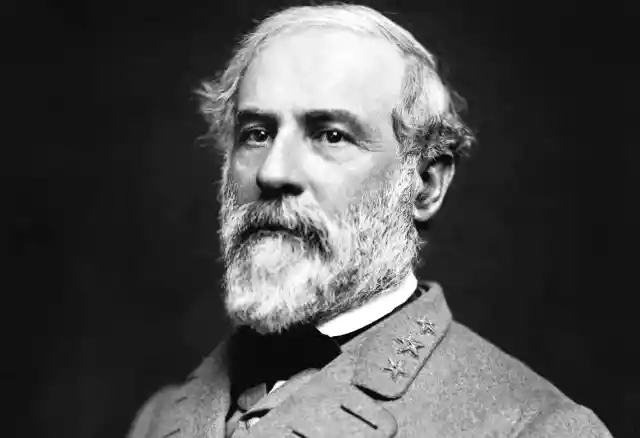
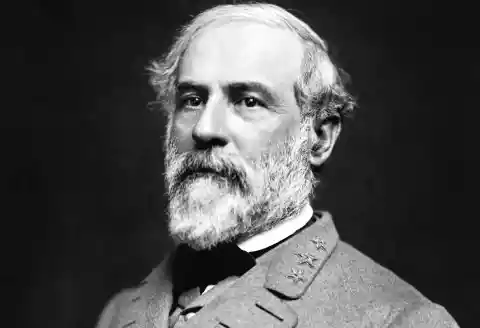
Amidst the planning for the combat, Lee decided to ensure the safety of the plans to Major Hill. At the time, Lee had no way of knowing this was a terrible mistake. It turns out that Hill carelessly hid the plans in a cigar box. The Unionists easily got a hold of them, allowing their soldiers to win the battle and gain strength.
#13. Carriage Problems Lead To Beheading
The women painted is the famous Marie Antoinette, and as some may know she was beheaded when the French Revolution took place. In 1789, the famous and notorious figure of Marie inspired a lot of hate in many people, so in 1791 when tensions began to grow, the royal family made the decision to leave the country before it was too late.
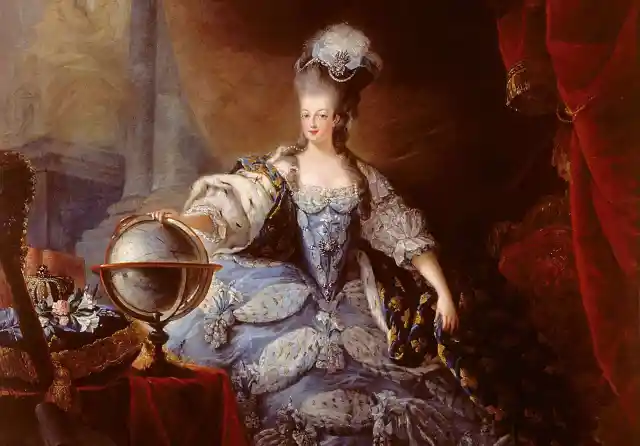

All the preparations were in place for their escape, but Marie Antoinette decided that she didn’t like the plan in place. The original idea was to separate the family and leave in two carriages as swiftly as possible. However, the idea of separating didn’t go well with her, so instead they used a single but bigger, slower and much more recognizable carriage. As a consequence, the family was found, captured, and sent to the guillotine.
#12. The Effects Of Bad Weather
One of the moments that define the end of the Second World War was the two atomic bombs dropped over Japan. This event, which will forever be remembered, forced Japan to surrender, and shortly after the War came to an end. But even though the bombing of Nagasaki and Hiroshima is of common knowledge, very little people are aware of the following.
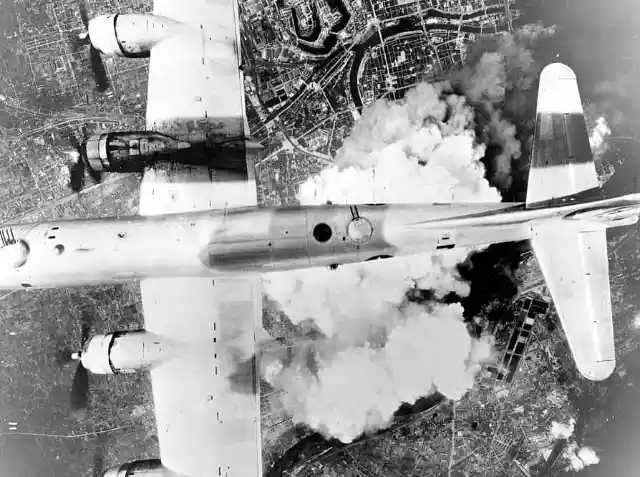
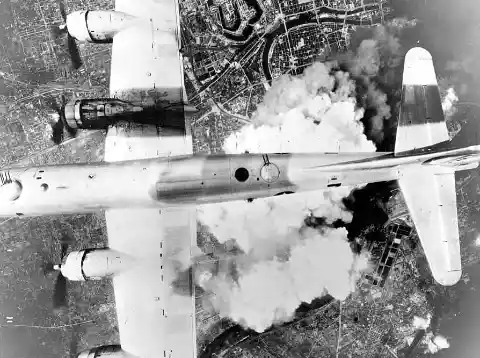
The bomber aboard the deadly plane was meant to drop its cargo on the city of Kohura. Since it was quite cloudy and the conditions were not adequate, his instructions led him to pick Nagasaki instead. Thus, by pure luck, the people and the city of Kohura were saved.
#11. Failed Assassination Attempts
Fidel Castro became the leader of Cuba in 1959 through a nationalist revolution that later turned communist. As he declared the Soviet Union as his ally, he made enemies from the capitalist block. Throughout several American presidencies, numerous amounts of plots were thought out in order to kill the leader, but none were a success.
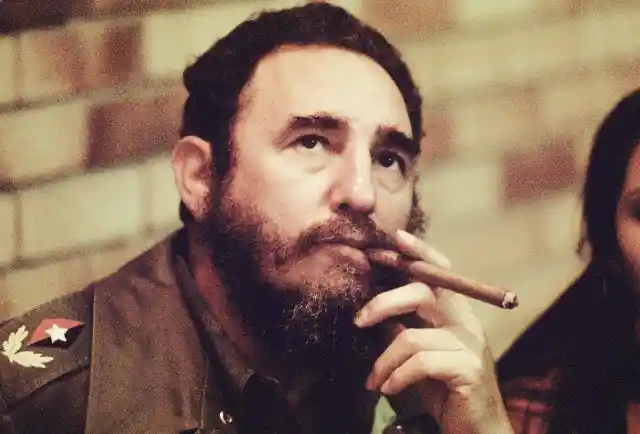

Some of these include a poisonous cigar, deadly shaving cream and more. The attempts were plenty and quite original. One of the most audacious plans was carried out by a woman named Marita Lorenz. She was hired by the CIA to seduce and kill Castro. However, things went awry and instead they engaged in a love affair. After that, she just didn’t feel like murdering the Cuban leader.
#10. The Breakout Of The First World War
Many know the Assassination of Archduke Franz Ferdinand as the defining moment that led to the outbreak of the First World War. He was actually about to become the leader of the Austro-Hungarian Empire, and he had a close network of allies that declared war as soon as the incident happened. But how did one of the most important men in Europe at that time get killed?
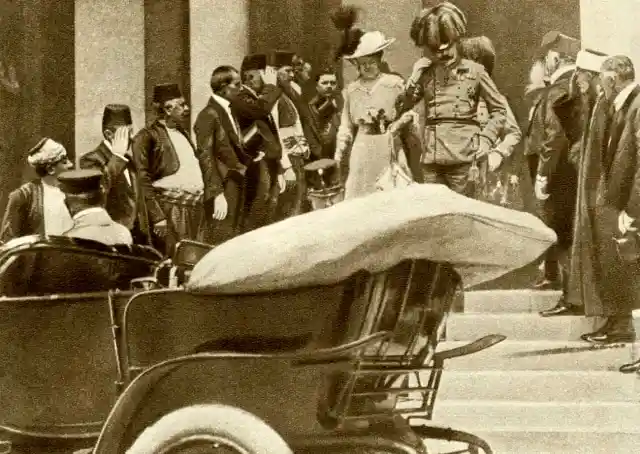
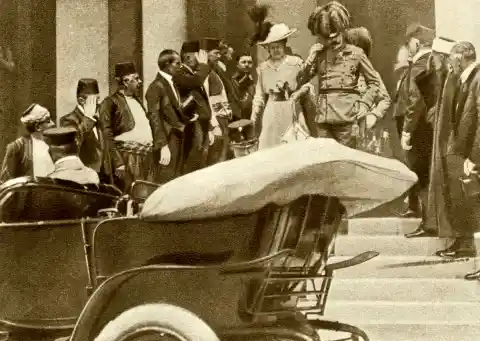
While he was in Sarajevo, in 1914 a group of six men organized the assassination of the Prince. The original plan actually failed, and as a consequence, his scheduled car ride had to take on a different route. On the spur of a moment, the archdukes’ driver turned onto a street. By pure coincidence, in that particular street happened to be one of the assassins. So this man named Princip had the opportunity to go through his mission to kill Franz after all.
#9. Sitting On A Bus
The Civil Rights Movement doesn’t end with heroic and public figures like Martin Luther King. On the contrary, it was everyday people full of courage that made the difference. One woman, in particular, took a course of action that would accelerate changes in favor of equality in an unstoppable way. That brave woman was Rosa Parks.
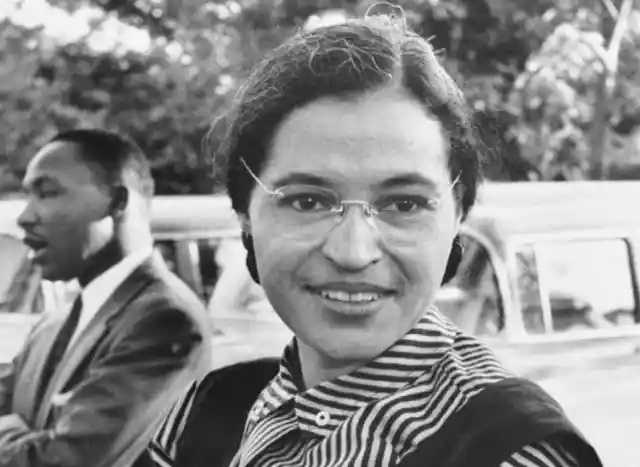

It was a day like every other, and as part of her routine, Rosa got on the bus after having worked all day. However, the driver wouldn’t let her sit and made her give her seat to a white passenger, but she felt she’d had enough. There was no way she would budge from her seat and as a consequence, she was charged. However, this led to massive demonstrations and actions condemning the unjust system of racial segregation.
#8. Tantrums Have Consequences
Hannibal is a curious historical figure that was born in 247 B.C. Along some of his incredible feats, he had his mind set up to invade and conquer Rome. To do so, he was quite tactful and decided to invade from the North, so as to use the element of surprise in his attack.
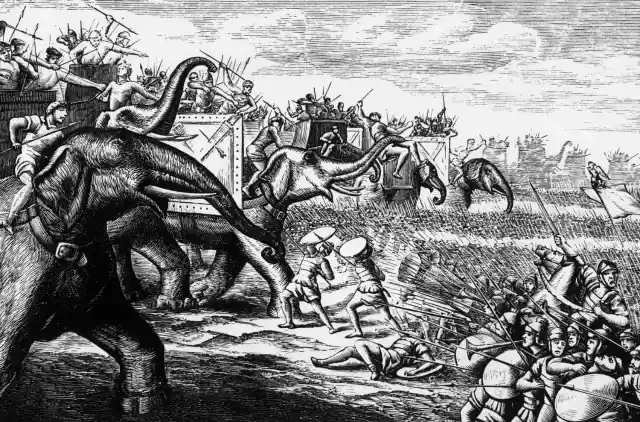
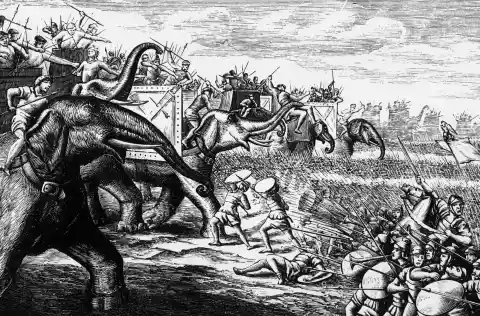
In order to go through the Alps, he used about 40 elephants to carry everything the soldiers needed. Everything was set for his victory, but there was one thing in his way. He came across terrible weather in the Alps, and in a tantrum, he hit the snow so hard it caused an avalanche that took the lives of many of his men. As a consequence, he had a weaker army when he arrived and never got to conquer Rome.
#7. Assassination Averted
Theodore Roosevelt, known by many as Teddy, assumed office in 1901. The 26th president of the United States was a fascinating man. He studied at Harvard and after he dropped off he had to participate in military service, where he became a war hero in 1912. While he was delivering a campaign speech a man suddenly aimed a bullet towards Teddy.
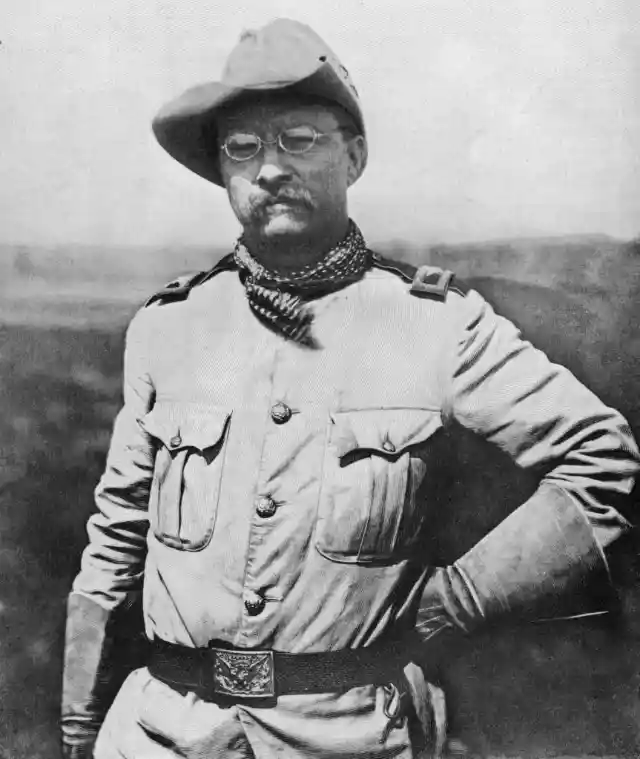
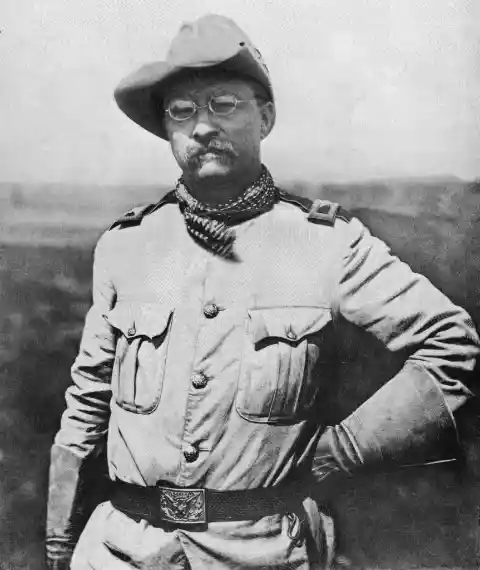
Don’t be fooled, this isn’t the last-minute decision we’re interested in. The lucky action that we wanted to share is the fact that the president had decided to hide his speech (a text of 50 pages, no less) and his eyeglass case (made of steel) in the inside of his jacket. These objects actually managed to soften the blow of the bullet and prevent the assassination of Roosevelt. Talk about being lucky…
#6. Operation Gone Wrong
Osama Bin Laden is a well-known name in the United States since he was responsible for the 9/11 attack in 2001. Even before that, he was a wanted terrorist, since the United States wanted to hold him responsible for the killings he had supposedly orchestrated in the American embassy located in Tanzania and in Kenya.


Before the terrible terrorist attacks on the Twin Towers, Clinton made it known that the US Army had had its chance of killing Bin Laden in Afghanistan. The problem was that by doing so, at least 300 other innocent people would have been killed. Because of this, the president rejected the idea, thus sparring the life of Bin Laden.
#5. Nazi General Goes On Holiday
The invasion of Normandy was a key moment that played in favor of the Allies in 1944. At the moment of the invasion, the Nazi front suffered from a lack of leadership that severely damaged their chances of victory. Why were they apparently unprepared? The man in charge was General Erwin Rommel, a very important Nazi that was popularly known as the Desert Fox.
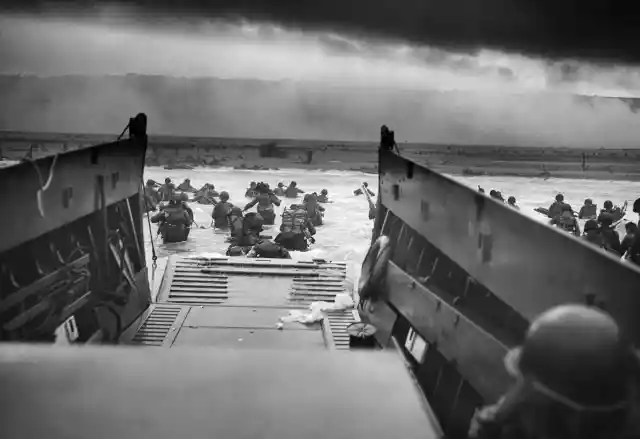
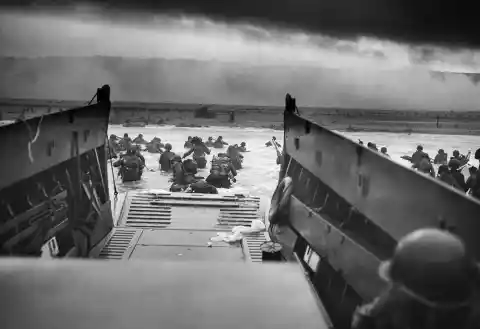
At the time the allied troops descended he was nowhere to be found. What happened was that upon hearing the meteorological news that there would be bad weather, he assumed that it would be mad for anyone to attempt an invasion under those conditions. Taking advantage of that, he decided to pay a visit to his wife in Berlin. This resulted in his absence during the confrontation, and we all know that the Normandy landings ended in a huge defeat for the Nazis.
#4. Bad Timing At Bay Of Pigs
As mentioned earlier, in the context of the Cold War, the United States couldn’t tolerate having a communist country as their neighbor since this could tip the balance in favor of the Soviet Union. As a consequence, a series of plans began to take place in order to take down the new Cuban government led by Fidel Castro.
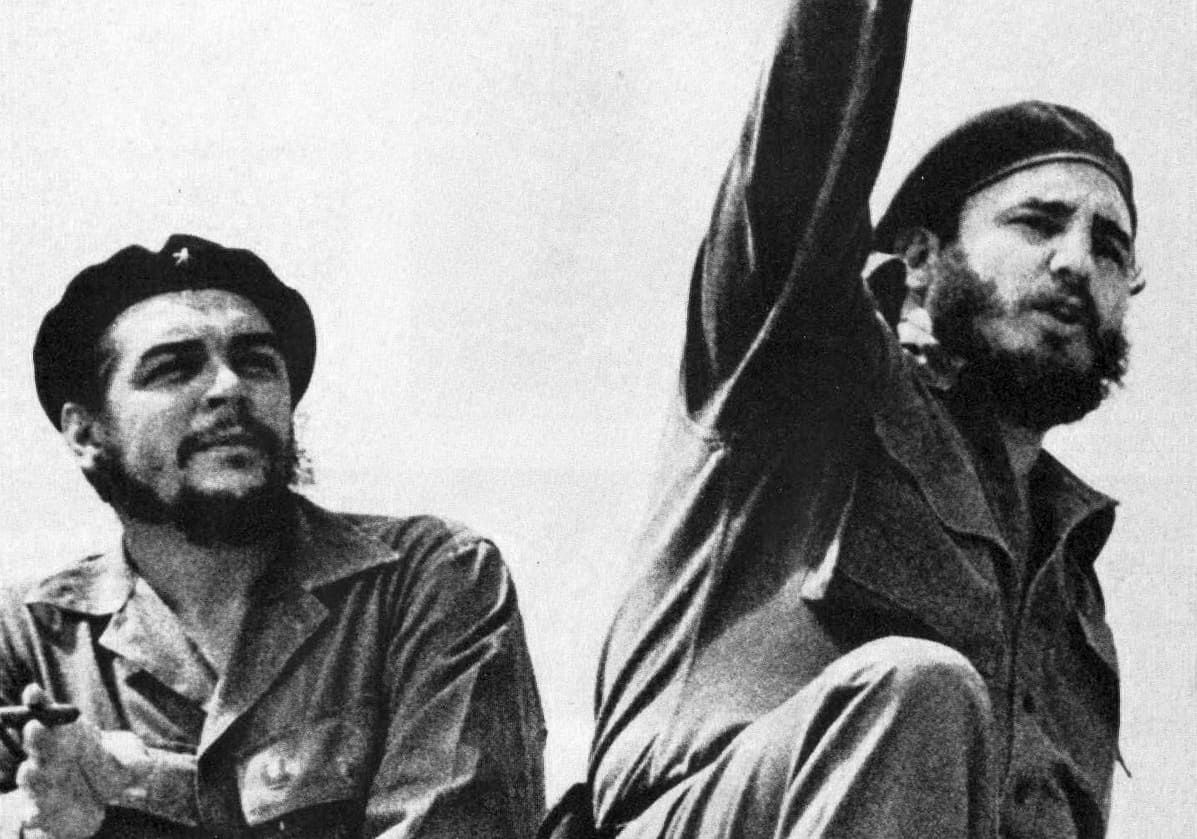

In addition to the multiple failed assassination attempts on the Leader’s life, an invasion operation was planned out. This infamous attempt was named The Bay Of Pigs Invasion and it went terribly wrong. An error in coordination between land troops and the airforce led to its failure and the consolidation of Castro’s Regime.
#3. A Lost Paper In A Pocket Leads To Defeat
During the American Revolution, an officer by the name of Rall led the British troops during several battles. As a consequence of his actions, the revolutionaries were able to win Delaware only because of a piece of paper that he had forgotten about. This particular paper was given to him by a loyalist spy.
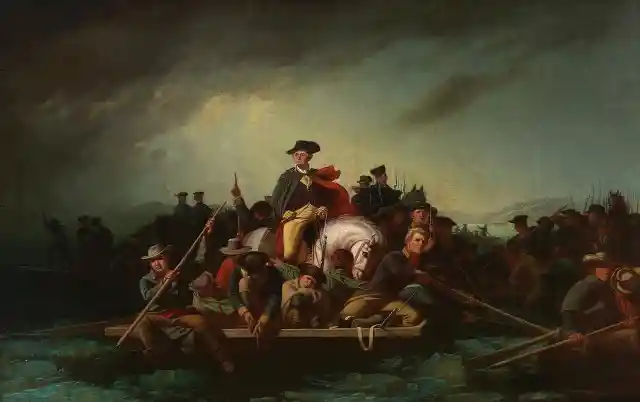
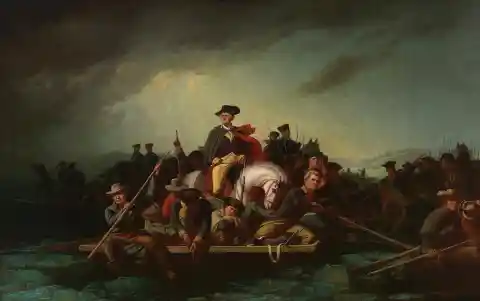
Because he was enthralled with other things, he quickly put the note in his pocket, and like most of us do, he forgot about its existence. Unfortunately for him, the note had extremely important news: Washington was planning to attack. However, he had another battle in Trenton to fight, and during that conflict, he was killed. The note was lost forever, and as a result, Washington was able to advance.
#2. False Alarm Missiles
During the Cold war, the Capitalist and Communist blocks lived times of heightened tension. In 1983, the Soviet Air Defence Force Lieutenant Petrov made a decision that saved many lives. While he was working, his equipment detected the launch of six missiles coming from the United States.


In theory, this meant that he had to retaliate immediately by activating the nuclear weapon Armageddon. In spite of this, Petrov didn’t want to make a rushed decision. He looked into the issue, and he discovered that the detection of the missile attack had actually been a false alarm. So Petrov decided to avoid direct orders and by doing so he prevented the outbreak of a Third World War and maintained peace. If the Cold War is a period that fascinates you, the next slide will be of interest.
#1. Words Lead To Fall Of The Wall
This photograph depicts an emblematic historical moment: the fall of the Berlin Wall. During the Cold War, the Berlin wall became a symbol: on the one side was West Berlin that belonged to the capitalist block, while on the other side was East Berlin that belonged to the communist block. Because of this, the place was the focus of attention and tension during 1989.


As the Soviet Union faced severe economic and social problems and its satellite states grew impatient, protests began to multiply. Towards the end of the 80s, the communist block was on the brink of ruin. While this was happening, an official in East Berlin decided to make a public statement to pacify the people. In his speech, he accidentally exclaimed that people would be allowed to move from East to West Germany. With these words, a mass of excited and optimistic Germans brought down the wall and many reunited with family and friends they hadn’t seen in years.